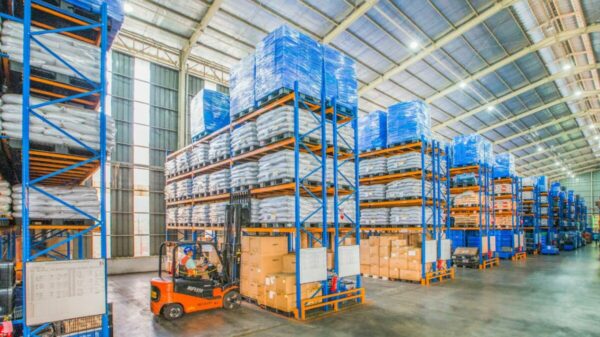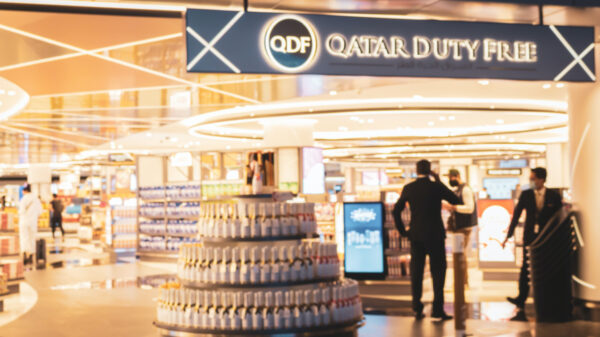While evaluating the regional food retail landscape, the impact of inflation on consumer behaviour, brand offerings and retail response cannot be overestimated, according to the research manager at Euromonitor International for the Middle East, Somaia Basha.
The significant rise in packaged food and fresh food prices is directly related to surging production costs, which comprise raw materials, commodities, labour, energy and transportation. While the raging war between Russia and Ukraine has become the main trigger for high food prices worldwide, straining global supplies, adverse weather conditions and export limitations are also responsible for the pressure, particularly impacting the Mena region and Eastern Europe.
Various factors such as disposable income, price sensitivity and brand loyalty bear influence on consumers’ response to inflation. Those most severely affected have reacted by switching to store brands or private labels, seeking discounts and shopping at budget stores.
On a side note, while there is a fraction of consumers that remain loyal to their trusted brands, they are shopping less often or buy in smaller quantities, Mr Basha said. Therefore, private-label goods and discounters should gain market share from higher-priced competitors as a result of trading down.
Companies are also feeling pressure as retail prices reflect high production and operating costs. To tackle rising commodity costs, businesses are working with new raw material sources and product formulations.
Moreover, shrinking profit margins are edging some brands out of business. Under such circumstances, businesses take drastic measures including SKU rationalisation, new pricing strategies, reorganised investments and supply chain optimisation in response to shifting consumer preferences.
One of the best strategies to retain more consumers, as suggested by Euromonitor International, would be the inclusion of rewards programmes or the extension of existing perks to include access to limited-time offers.
It should be borne in mind, the prolonged war between Russia and Ukraine or unpredictable weather conditions could lead to supply chain pressures culminating in shortages of raw materials and products.
This, in turn, can drive up prices this year, contrary to the previous forecasts that global inflation should be moderate compared to the last year. Two categories at particularly high risk are cooking oils and baked goods such as bread, Mr Basha added.













